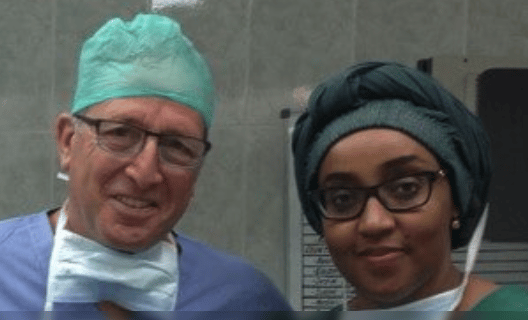
While Tanzania has made impressive progress in reducing poverty rates, challenges such as limited education opportunities, poor infrastructure, and diseases continue to burden those still living in poverty. Only half of the population has access to clean drinking water, while 24% have access to modern sanitation facilities. To date, the country faces many challenges when it comes to improving the health and well-being of its citizens.
In recent years, Tanzania’s health sector faced a new challenge: a significant increase in non-communicable diseases (cancer, heart conditions), particularly in urban areas. These are estimated to cause nearly 46,000 deaths annually, and this figure is likely to double by 2030.
Despite the government’s efforts and support from partners, the current public healthcare system struggles to meet growing demands, both quantitatively and qualitatively.
THE CASE OF DAR ES SALAAM
21 of the world’s 30 fastest-growing cities are in Africa. Dar es Salaam, Africa’s fifth most populous city, ranks second, behind Kampala in neighboring Uganda. It’s projected to grow from six million people today to 13.4 million by 2035, crossing the “megacity” threshold of 10 million people sometime before 2030. Unfortunately, underfunding plagues the country’s public health system to the point where available facilities, staff, and resources cannot accommodate the needs of its growing population.
SHEBA’S MISSION IN TANZANIA
For the last few decades, Israel has played a central role in Tanzania’s efforts to improve healthcare, agriculture, water facilities, and security. For the past few years, Sheba’s physicians have been a major part of these activities, working to prevent, detect, and respond to public health threats in the region.
In 2017, several surgical teams from Sheba traveled to Tanzania. Working in Muhimbili Medical Center in Dar Es Salaam, they not only performed life-saving operations, but also trained local teams in general surgery, trauma treatment, and pediatric orthopedics – significantly enhancing local capabilities and medical knowledge to ensure Tanzanians receive quality care after they return to Israel.
We sincerely hope this latest mission, along with future Sheba aid efforts, will prove meaningful to Tanzanians. As Prof. Arnon Afek, Associate Director General of Sheba Medical Center & Acting Director of Sheba General Hospital, puts it: “Sheba will continue fulfilling its mission of lending a helping hand to any nation in need of medical assistance.”
Published December 18 2018, Sheba Medical Center